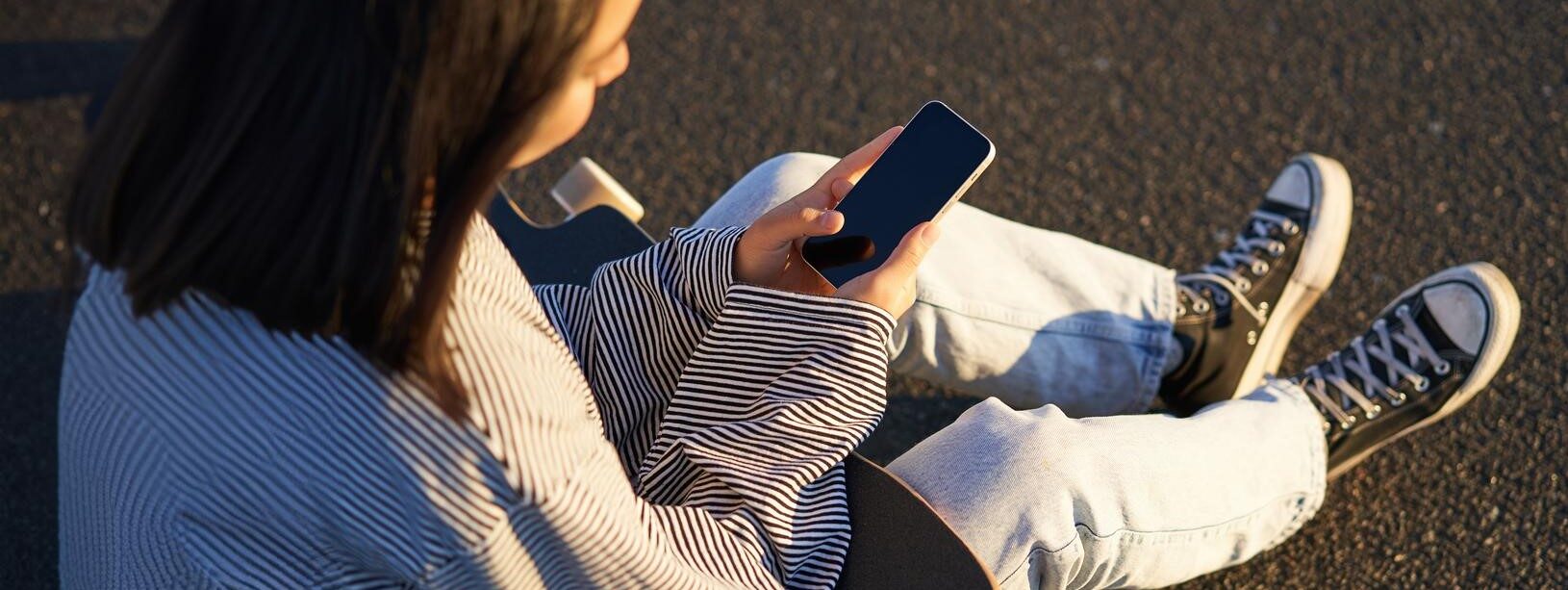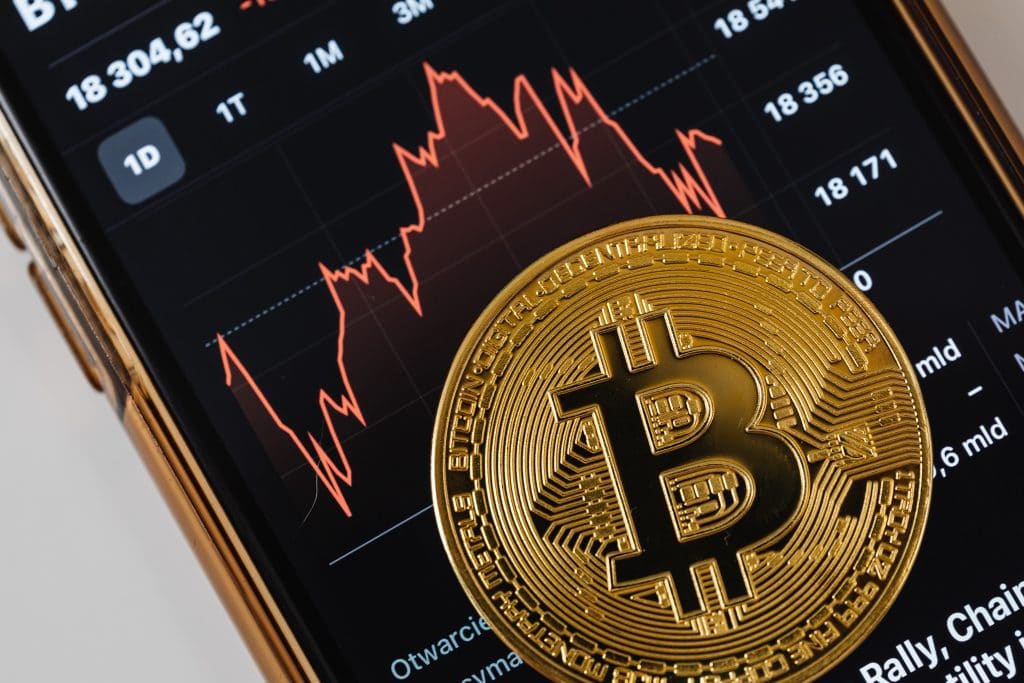Picture: stock
According to the federal government, the new social media minimum age law will compel platforms like Meta (Facebook/Instagram), TikTok, Snapchat and Twitter/X to restrict access to anyone younger than16 years old.
Systemic breaches will result in fines of up to $49.5 million with strong privacy provisions. No user will be compelled to use government identification for age verification on social media with options to be offered by the platform.
Prime Minister Anthony Albanese believes the new law will keep children safe.
“Social media is doing social harm to our kids. We’ve called time on it,” he says.
“We want our kids to have a childhood and parents to know we have their backs.”
Communications Minister Michelle Rowland says the law is a result of listening to youth, parents and carers, experts and industry.
“Good government is about facing up to difficult reform; we know these laws are novel, but to do nothing is simply not an option,” she says.
REACTION
The Children and Young People with Disability Australia (CYDA) says it, like other disability advocacy organisations, oppose the blanket ban.
“Social media can be a lifeline for young people with disability, providing one of the few truly accessible ways to build connections and find community,” says CYDA CEO Skye Kakoschke-Moore.
“Cutting off that access ignores the lived reality of thousands and risks isolating disabled youth from their peer networks and broader society.”
The CYDA is a non-profit community organisation for children and young people with disability aged 0-25 years-old.
For Isabella Choate, 25 and interim CEO of the Youth Disability Advocacy Network (YDAN), social media is a way to reconnect after becoming housebound due to chronic illness.
“(Social media) is a space for community building… and the main way our cohorts receive information on the rapid changes currently happening in the disability sector,” she says.
“Many of (YDAN’s) members have turned to social media to platform their voices, advocacy work, and businesses – without the general public as an audience, youth voices will be silenced in spaces they already have a hard time accessing.”
According to a recent report by the eSafety Commission, seven in 10 young people with disability say it is easier to be themselves online compared to 59% of non-disabled youth while one in four use it to make friends weekly.
Kakoschke-Moore believes fostering digital literacy and holding social media companies accountable would be more effective in preventing online harm.
The new ban won’t take effect for 12 months.






